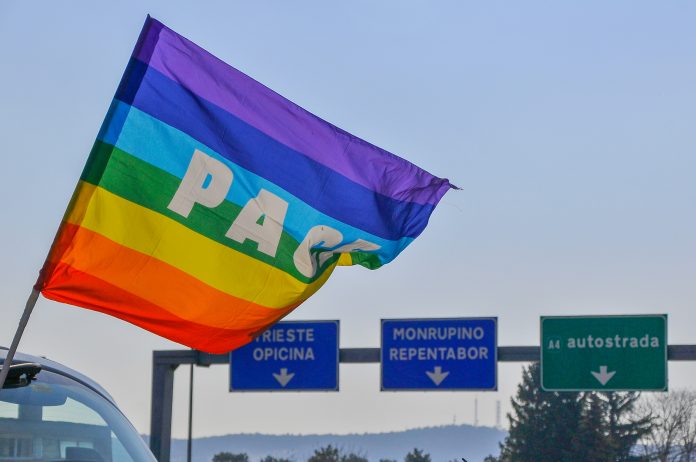by In Trieste
Many busses continue to arrive during the day at the Fernetti border, with mainly women and children on board.
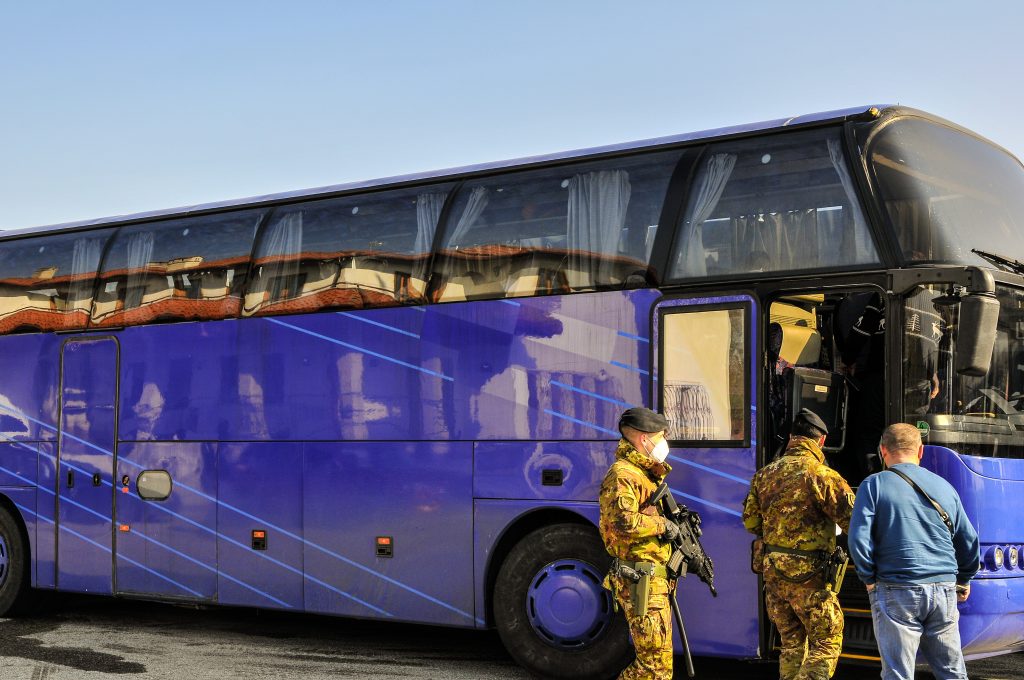
In Fernetti they are all controlled by the police and, after a short stop for refreshment, they leave, directed, from time to time, to various cities in Northern Italy where there is a large Ukrainian community.
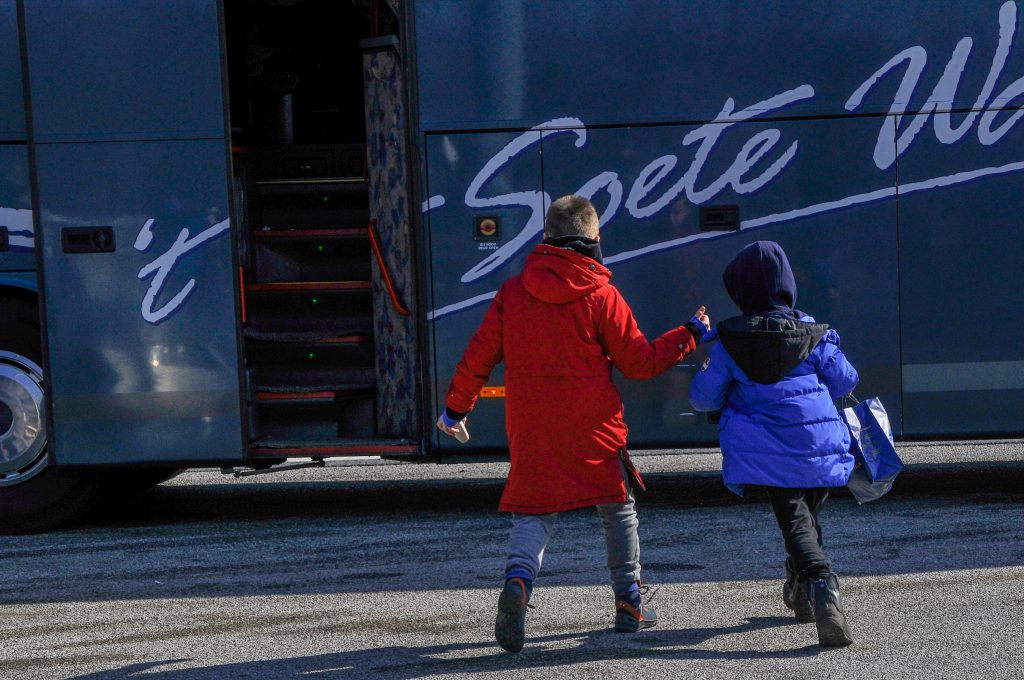
The stories are the desperate ones common to all Ukrainian citizens: the men have remained fighting, the women are bringing the children to safety by reuniting with relatives who have worked in Italy for some time or simply by reaching friends, acquaintances, to save themselves, before everything.
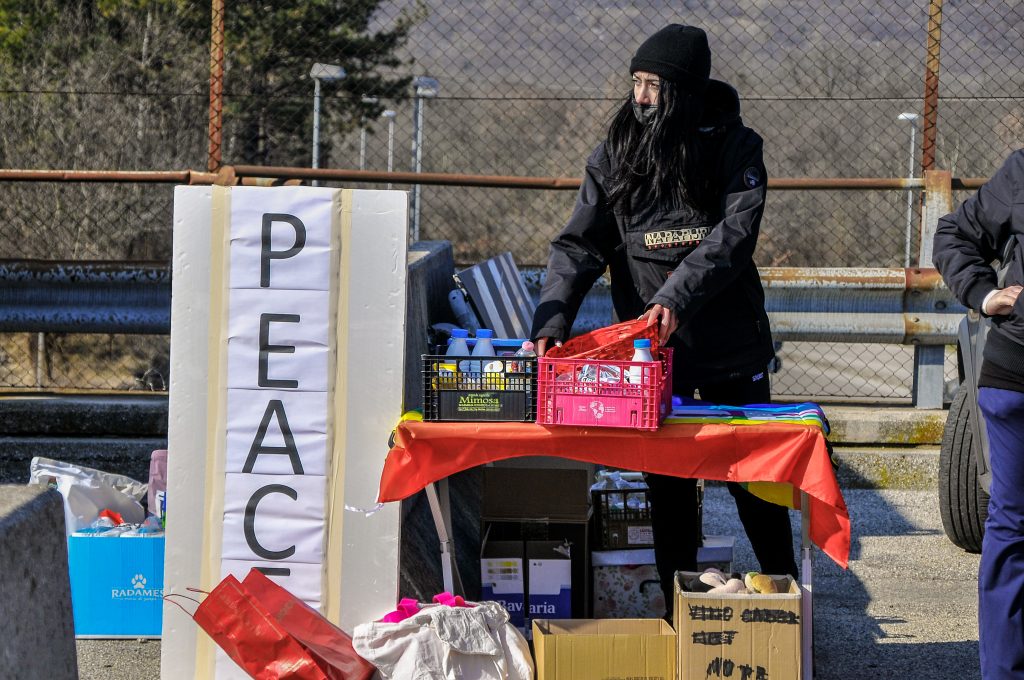
Very few are actually stopping in Trieste or Friuli Venezia Giulia, and if they are it’s only for a night or two before they make their way to other Italian cities.
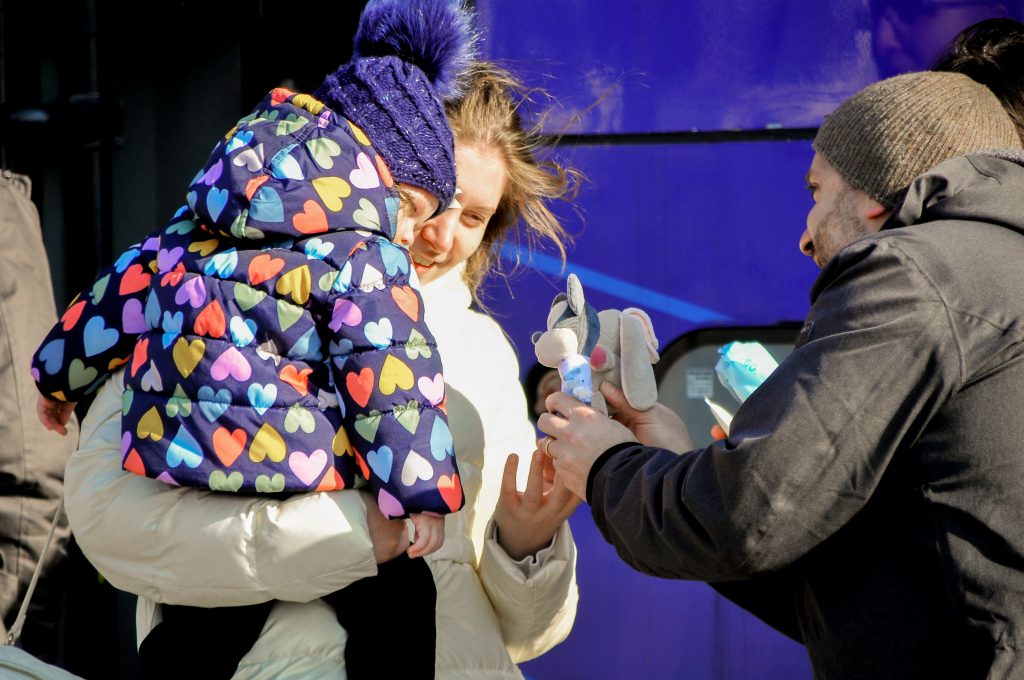
Expats in Trieste, a local multicultural community which counts more than 2000 members from around the globe, went to volunteer on Monday afternoon alongside Protezione Civile and UNHCR helpers.
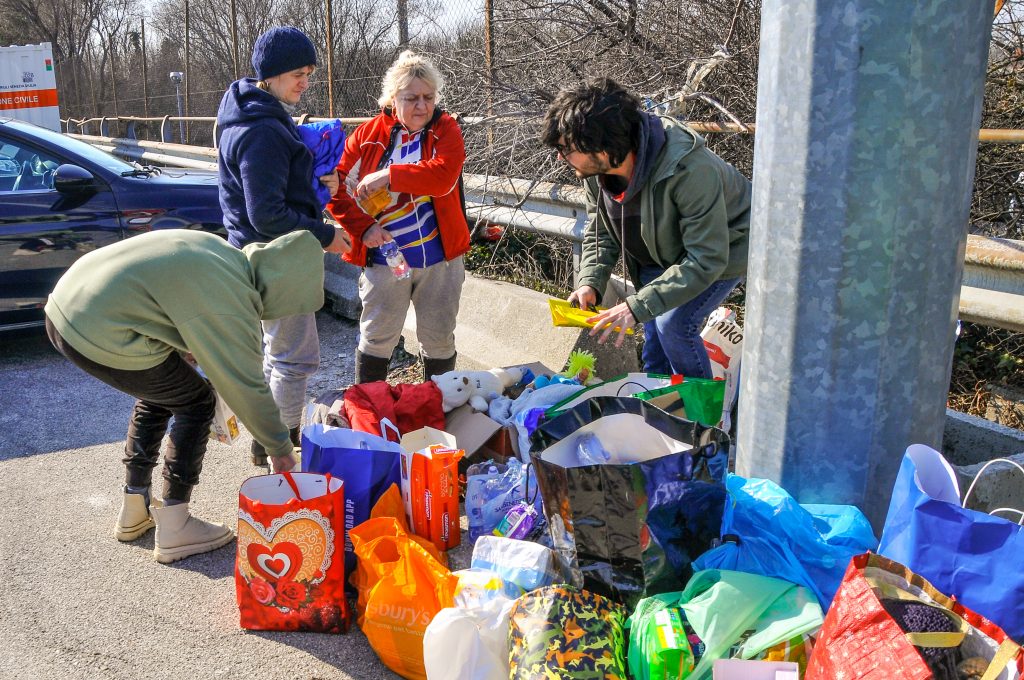
“When the war started we knew we wanted to help, we just weren’t sure how,” said the co-founder of Expats in Trieste, Francesco Stumpo. “So we launched a request on our group for donations and within days we had filled two cars with water, snacks, toys and clothes. We’ve been here for six hours today and we’ll be back on Saturday morning. We’ll be collecting donations- mainly water and snacks for the transiting refugees on Thursday from 7 pm on at Bar Tergesteo during our weekly multicultural aperitivo.”
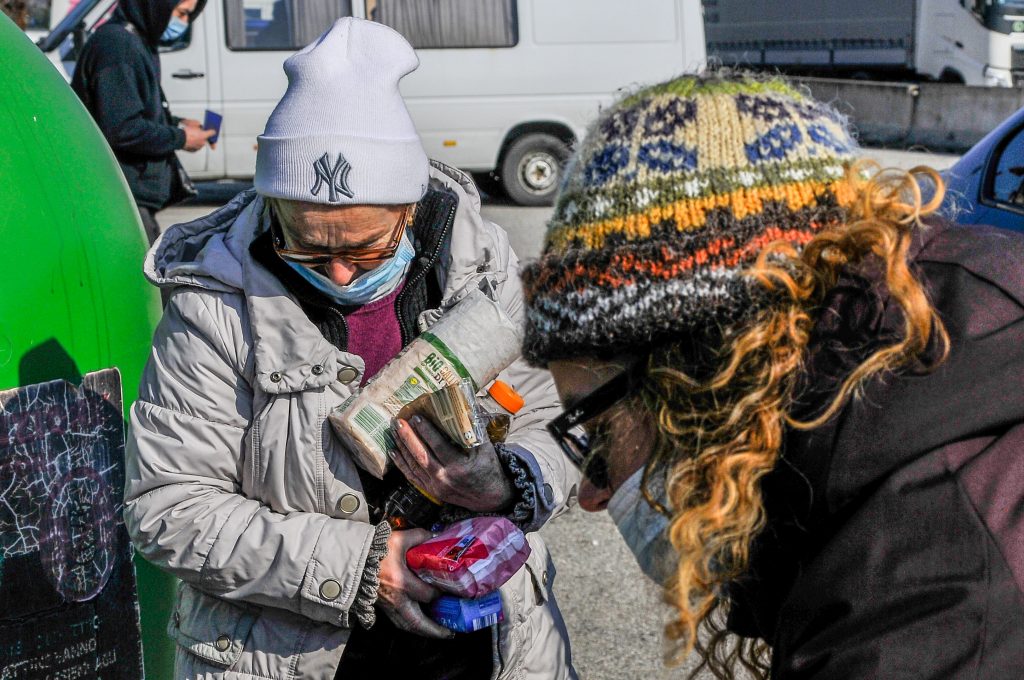
“It’s heartbreaking and I am really happy I am here volunteering with the expats,” said one of the participants.
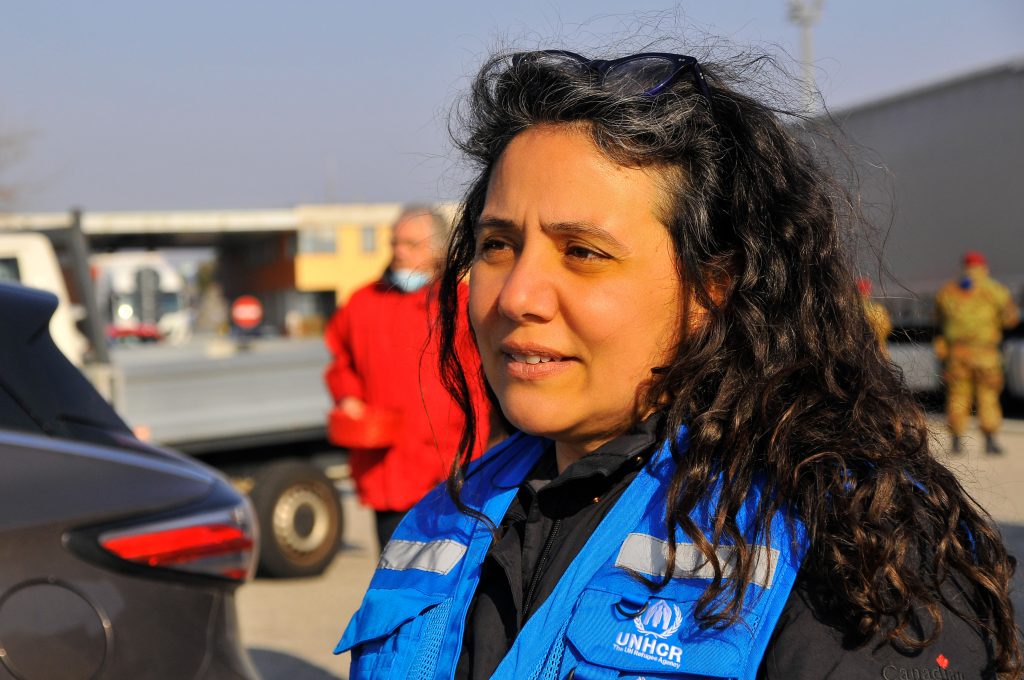
Barbara Molinario, head of communications UNHCR present at Fernetti told us that almost everyone arriving knows where they’re going.
A group of women just before leaving sang a national song, between tears and emotion.
“Too dangerous to stay in Ukraine – says a woman speaking in a limping Italian, got off a bus that left Mykolaiv, which stopped in Odessa and headed for Naples – people go everywhere, Slovakia, Poland, we have come to Italy, after 12 hours on the border. When everything is fixed, let’s go back, we can stay out for 90 days, then we’ll see.”
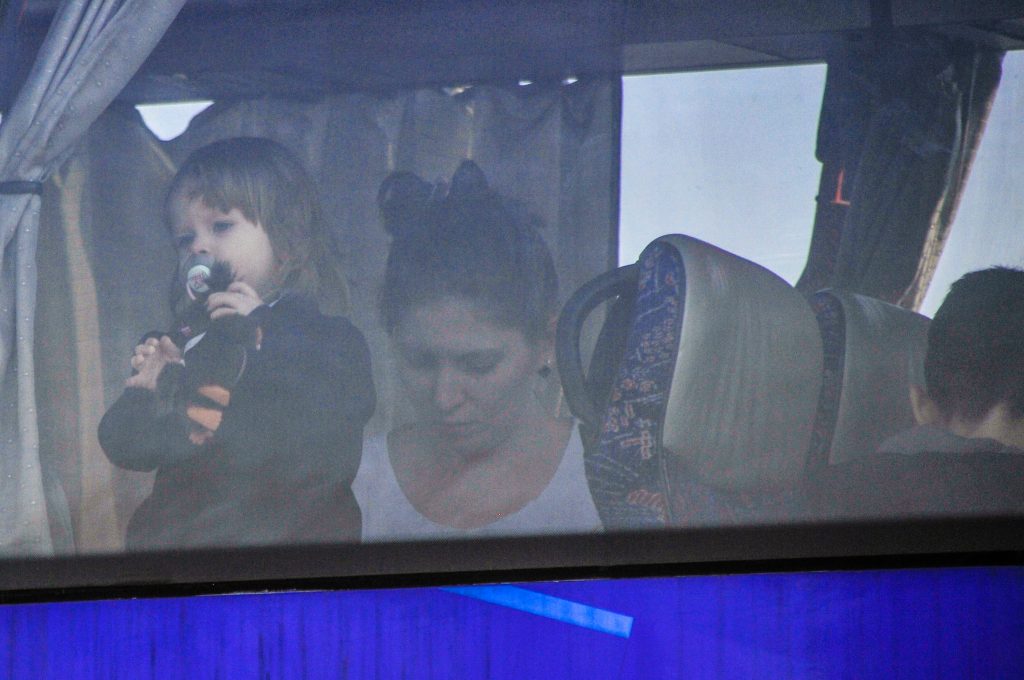
A man, one of the few men present, says that with the first bombings he “immediately fled to Romania together with his wife and children. We haven’t even closed the house – he specifies, in Italian – we ran away”.


























